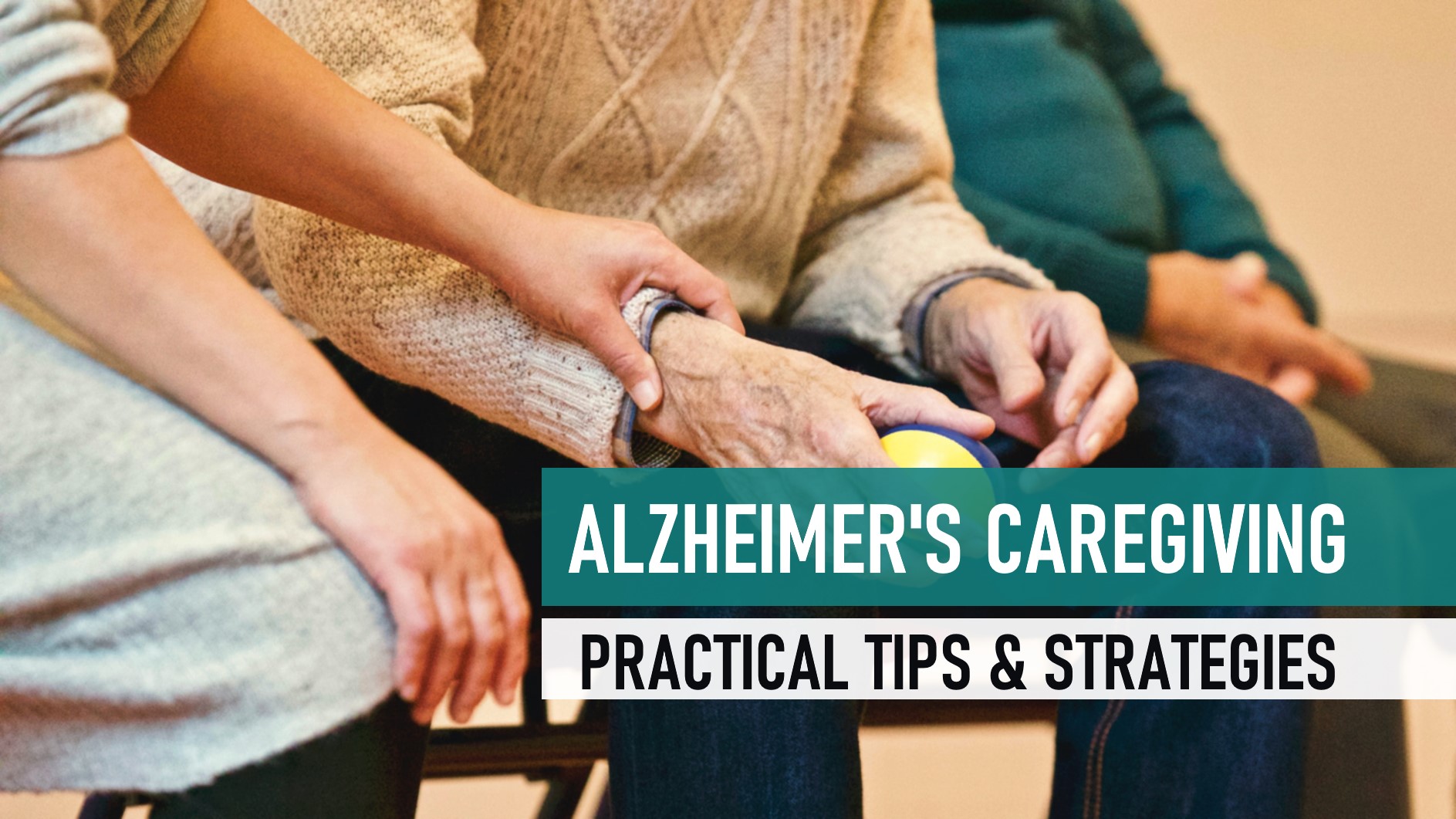Caring for a loved one with Alzheimer’s disease can be a challenging and emotionally draining experience. As a caregiver, it’s important to understand the unique needs of individuals with Alzheimer’s, including memory loss and dementia, and develop effective strategies to provide the best care possible.
In this blog post, we’ll explore practical tips and strategies that can help caregivers navigate the complexities of Alzheimer’s disease caregiving.
Educate Yourself
To effectively care for someone with Alzheimer’s, it’s crucial to educate yourself about the disease, including its impact on memory loss and cognitive function. Alzheimer’s is a form of dementia characterized by progressive memory decline and cognitive impairment. Research how memory loss affects individuals with Alzheimer’s, and learn about specific strategies for managing and supporting memory-related challenges.
Additionally, it’s important to recognize that women are more likely to develop Alzheimer’s than men, making it essential to understand the unique aspects of Alzheimer’s in women.
Establish a Routine
People with Alzheimer’s often thrive on routine and familiarity. Establishing a consistent daily routine can help reduce confusion and anxiety. Set regular times for waking up, meals, medication, and activities. Make sure to communicate the routine clearly and display it in a visible place. A predictable schedule can provide a sense of stability and structure for both the caregiver and the person with Alzheimer’s.
Consider the Role of Diet and Nutrition
While diet alone cannot cure or prevent Alzheimer’s, there is growing evidence that certain dietary patterns may have a positive impact on brain health. Encourage a balanced diet rich in fruits, vegetables, whole grains, lean proteins, and healthy fats. Specific nutrients, such as omega-3 fatty acids, antioxidants, and B vitamins, may be beneficial diet for brain health.
Consult with a healthcare professional or a registered dietitian to develop a personalized diet plan that promotes overall well-being and brain health for your loved one with Alzheimer’s.
Create a Safe Environment
Safety is a top priority when caring for someone with Alzheimer’s. Modify the living space to minimize risks. Remove tripping hazards, install grab bars, and secure cabinets containing dangerous substances. Consider using locks or alarms on doors and windows to prevent wandering. Keep important documents, emergency numbers, and medical information readily accessible. Regularly assess the environment for any potential safety concerns and make necessary adjustments.
Effective Communication
Alzheimer’s can impair a person’s ability to understand and express themselves. Use simple and clear language, speak slowly, and maintain eye contact. Avoid overwhelming them with too much information at once. Use visual cues, gestures, and facial expressions to enhance understanding. Be patient and allow extra time for them to respond. Active listening and validation of their feelings can help maintain trust and connection.
Seek Support
Caring for someone with Alzheimer’s can be emotionally challenging. Don’t hesitate to reach out for support. Join a support group where you can connect with others facing similar experiences. Friends and family members can also provide respite care to give you a break. Consider hiring professional caregivers for additional assistance. Taking care of your own physical and emotional well-being is crucial to providing the best care possible for your loved one.
Wrapping Up…
Caring for a loved one with Alzheimer’s requires patience, understanding, and adaptability. By educating yourself, establishing a routine, creating a safe environment, practicing effective communication, seeking support and consulting neurologist, you can enhance the caregiving experience and improve the quality of life for both you and your loved one. Remember, you’re not alone in this journey, and there are resources available to support you every step of the way.
Source/s:
Banner image by Pexels







